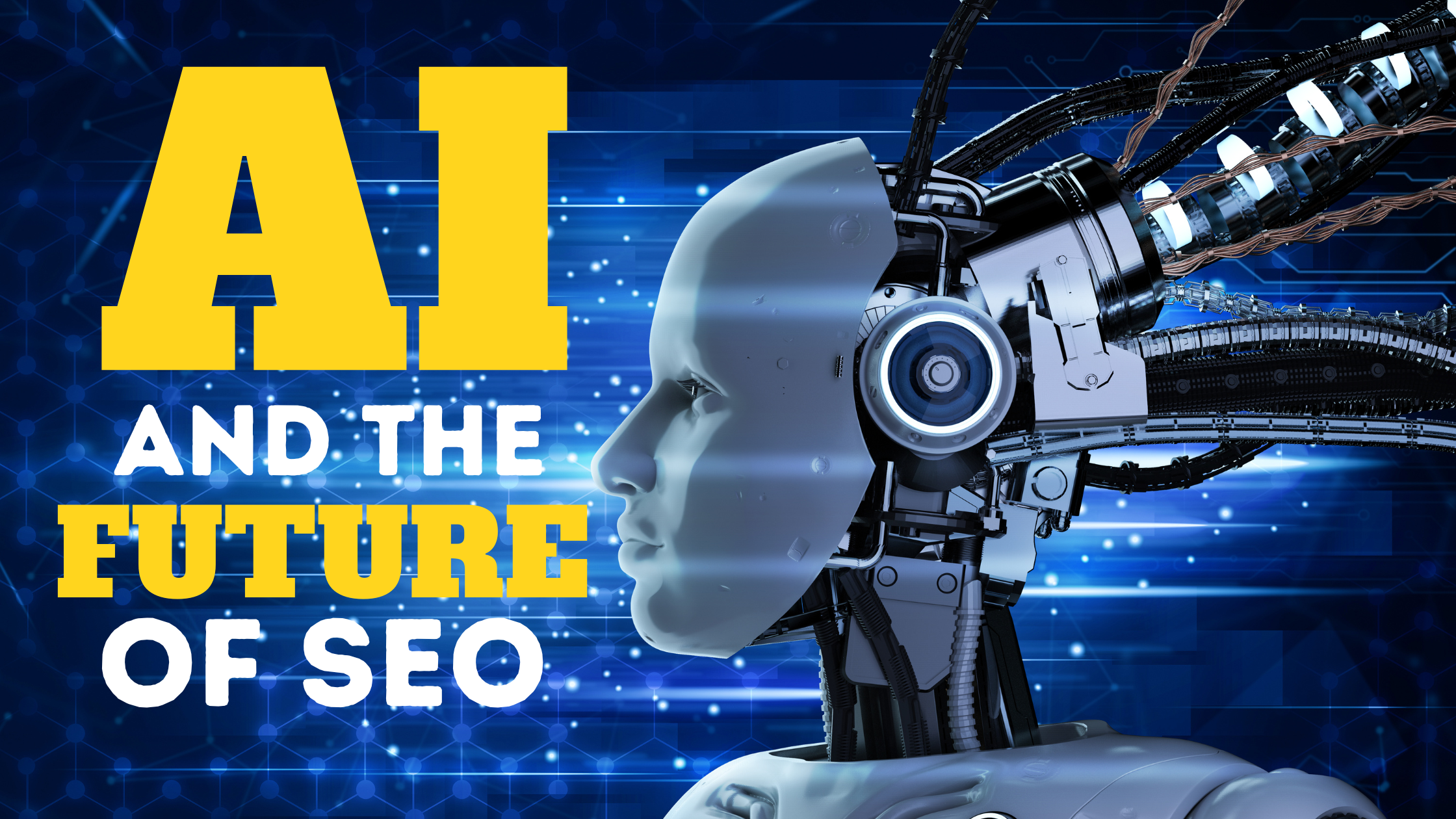Any follow-ups can be nerve-wracking especially when it comes to B2B sales. There are two questions here: what content should be put in follow-up...
The world of SEO keeps evolving. Google keeps updating its algorithms, and new technologies keep coming up.
Recently, AI has become a big player in SEO. AI helps make SEO tasks more efficient and effective because it can do things that require human thinking, like learning and decision-making.
SEO is taking a step forward with advanced AI technology. Now, websites can pick the best keywords, content, and phrases for online marketing.
According to BrightEdge research, the use of AI in SEO and content is set to grow 5 times this year.
Are you interested in how SEO will change as AI gets even better? Let’s explore that in the sections ahead.
1. AI-Powered Search Algorithms
Search engines, like Google, use AI to make their search results better and more personal. Google’s AI system, RankBrain, has been doing this since 2015. It uses machine learning (ML) to understand the users’ intent and gives them results that match what they want.
Google also uses ML to stop spam and keep search results good. Previously, search algorithms used to just look for keywords, but now they’re smarter. They also take into consideration user behavior and content quality.
AI and machine learning have been crucial in this change, enhancing the search experience for users. As search engines become more smarter and human-friendly, it has led to a significant change in SEO. The algorithms take into consideration different factors like location, search history, and more to deliver the right results.
2. Enhanced Keyword Research and Content Optimization
AI has made many SEO tasks easier like finding the right keywords and improving content. Tools such as Ahrefs, Semrush, Moz, and Google Keyword Planner can help with keyword research. They can also understand how keywords are used and find related keywords, making it quicker and better.
These tools can also check web page content using natural language processing (NLP). It helps SEO experts create and enhance content that matches users expectations and follows the SEO rules.
Creating content is a big part of SEO, and AI has made it faster. Some new tools, like those based on GPT-4, can suggest topics, write drafts, improve content, and even suggest meta tags. This saves a lot of time and work in content creation.
3. Better User Experience
AI can look at how users use the internet to enhance their experience. It can use data and smart computer programs to give search results that are just apt. It looks at what the users searched for before, what they like, and how they act online.
This makes their online experience much better because it gives exactly what they want. When they get what they want, they’re more likely to do things like click on links and buy stuff, which brings in traffic and leads for the websites.
4. Helps Predict the Future
Predictive SEO means using AI to guess what’s coming in the world of search engines. This helps SEO pros get ready for changes and do better. AI can figure out what impacts your search engine results, which helps in planning better SEO strategies.
AI can also check your website and find things that might get it in trouble with search engines. This helps businesses avoid problems and saves time and money.
With predictive SEO, your business can also guess what topics will be trending in the future. This way, you can create content early and be at the top of search results when those topics become hot.
5. Voice Search and Mobile Optimization
As voice assistants like Siri, Alexa, and Google Assistant become more popular, it’s essential to make your website optimized with voice searches. AI helps in understanding and handling these voice questions, which are often more like conversations and longer than written searches.
Source –
To keep up with this, SEO strategies need to change. They should focus on using longer and more conversational keywords and phrases that people use when they talk.
Also, it’s crucial to make your website responsive on mobile devices because a lot of people search on their phones. AI can help optimize your website for mobile, giving users a better experience, which in turn can boost your search rankings.
6. Enhanced Visual Search
AI is changing how we search with images. It uses smart image recognition to look at pictures and show the right search results. As more people use visual search, SEO strategies will need to pay more attention to images.
To do this, you’ll need to make sure images are top-quality, relate to the content, and have good tags and descriptions. It helps people find what they’re looking for when they search with images.
7. Track Website Growth in Traffic and Rankings
For SEO, it’s important to know how your website is doing in terms of traffic and search rankings. Google Analytics is an excellent tool for this, but it can be a bit tricky to understand all the data.
AI tools like SERanking and SiteChecker Pro are changing this. They can predict how your website will rank in SERPs and warn you if there are problems. They even give you solutions, making it easier to keep track of your website’s performance.
Conclusion
In this dynamic landscape of SEO, where artificial intelligence is reshaping the rules of the game, staying ahead is the key to success. By harnessing the power of AI for SEO, you can steer your digital presence in the right direction.
But why navigate this ever-evolving SEO universe alone when you can have experts by your side? At DealsInsight, we specialize in cutting-edge SEO services that leverage AI to boost your rankings and drive traffic.
Let’s explore the limitless possibilities of AI-driven SEO with DealsInsight.




